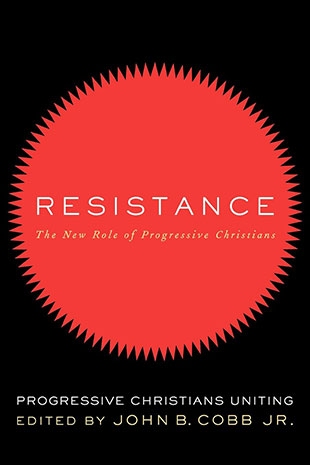"These days there is a growing awareness among progressive religious leaders of the need for activists to receive the inner nourishment, vision, and inner strength that come with a deepened prayer life. For the last twenty years, Rabbi Michael Lerner has been organizing political activists into 'spiritual progressive' communities around universal spiritual principles and practices that embody love and compassion for all, including the activists themselves. Walter Wink has been arguing persuasively that 'combining prayer and social action is not just a theological necessity, dictated by the need to integrate all of life around the reality of the living God. It is a matter of sheer survival. The evils we confront are so massive, so inhuman, so impervious to appeals and dead to compassion, that those who struggle against them face the real possibility of being overcome by them.'
"Henri Nouwen has also warned against depriving social action of prayer, and vice versa: 'Prayer and action . . . can never been seen as contradictory or mutually exclusive. Prayer without action grows into powerless pietism, and action without prayer degenerates into questionable manipulation.' . . .
"Active resistance to the injustices both in the world and in ourselves requires deep inward grounding in the biblical faith, a grounding that is rarely attained without the ongoing disciplines of prayer and reflection.
"When we put these three activities together, we find that each is strengthened by the others. Without critical reflection we are apt to focus our attention – and subsequently our prayers and actions – solely on symptoms of injustice, ignoring their deeper and complex causes. Critical reflection can also reveal the many biases that flaw our perceptions of what appear to be clear-cut situations and help us think more critically about our proposed actions. . . .
"We encourage readers to pray in as many different ways as they find nourishing and fruitful. We invite readers to assess the appropriateness and effectiveness of types of prayer by the extent to which (1) they strengthen their will and sustain their capacities to resist features in the dominant culture that are false, unjust, and destructive; (2) they provide insights into the ways they themselves contribute to the world's injustices and discern which actions they may undertake that are most likely to be just for all concerned; and (3) they offer a glimpse – perhaps an experience – of the loving unity underlying all things and of the alternative, just, world for which we long."
